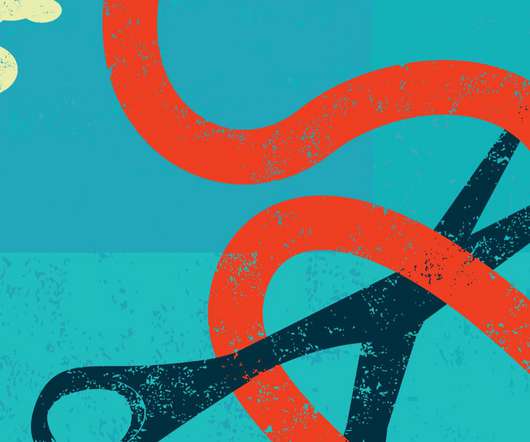Teacher shortages bring to mind the saying ‘necessity is the mother of invention’
eSchool News
NOVEMBER 23, 2023
As reporter Linda Jacobson noted in the article, online learning has long been used in schools for subjects they couldn’t otherwise offer. The practice is one in which the teacher of record delivers whole-class learning virtually, and an in-person monitor—often a substitute teacher—tracks behavior and ensures students do their work.















Let's personalize your content